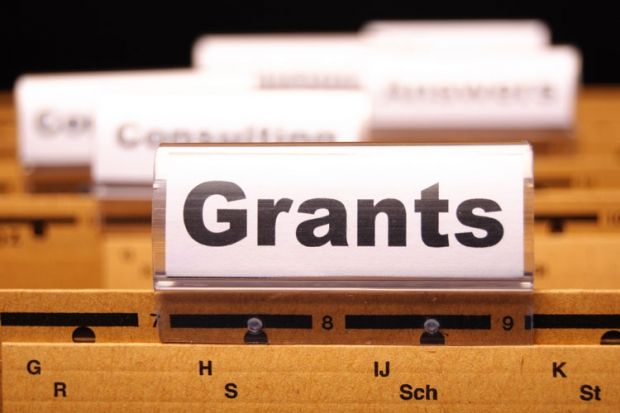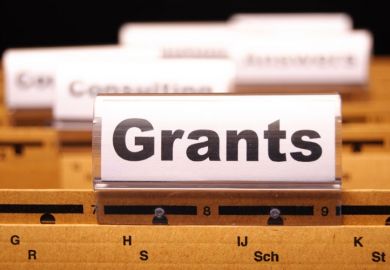Arts and Humanities Research Council
Research grants
- Award winner: Elaine Hobby
- Institution: Loughborough University
- Value: £752,247
Editing Aphra Behn in the digital age (E-ABIDA)
- Award winner: Catherine Boyle
- Institution: King’s College London
- Value: £2,898,430
Language acts and worldmaking
Leverhulme Trust
Research Project Grants
Sciences
- Award winner: João Pedro de Magalhães
- Institution: University of Liverpool
- Value: £304,873
Data-driven discovery of correlations between genes and ageing-related changes
- Award winner: Ian Davies
- Institution: Liverpool John Moores University
- Value: £127,026
New frontiers in lipoprotein analysis: small molecules, big questions?
- Award winner: Vasilios Stavros
- Institution: University of Warwick
- Value: £314,841
Unravelling photoprotection pathways in plant sunscreens
National Institute for Health Research
Efficacy and Mechanism Evaluation Programme
- Award winner: Andrew Horne
- Institution: University of Edinburgh
- Value: £944,871
GEM3: A multi-centre double-blind placebo-controlled randomised trial of a combination of methotrexate and gefitinib versus methotrexate alone as a treatment for ectopic pregnancy
- Award winner: Liona Chiu Yee Poon
- Institution: King’s College London
- Value: £661,635
Screening programme for pre‑eclampsia (SPREE)
Health Technology Assessment Programme
- Award winner: Esther Crawley
- Institution: University of Bristol
- Value: £994,430
Investigating the effectiveness and cost-effectiveness of using FITNET to treat paediatric CFS/ME in the UK
MRC/BBSRC/ EPSRC/ESRC
Joint awards by the Medical Research Council, the Biotechnology and Biological Sciences Research Council, the Engineering and Physical Sciences Research Council and the Economic and Social Research Council
Cross-council awards to tackle antibiotic resistance
- Award winner: Christoph Wälti
- Institution: University of Leeds
- Value: £3.8 million
Accelerating development of infection diagnostics for patient management and reduction of antibiotic misuse
- Award winner: David Dockrell
- Institution: University of Sheffield
- Value: £3.5 million
Optimising innate host defence to combat AMR
In detail
Award winner: Andrew Bailey
Institution: University of Bristol
Value: £2.2 million
Exploring nature’s silent pharmacy
Penicillin, the first antibiotic, was derived from fungi in 1941, and the organisms have continued to be an important source of antimicrobial drugs ever since. This project will use contemporary technology to revisit old compounds in the hope of discovering new benefits that might have been missed first time around. Cutting-edge computing methods will allow researchers to sequence the entire genome of a fungus, which was not possible before with traditional drug discovery methods. This could point researchers to a wide range of undiscovered natural compounds that, if bioactive, could lead to much-needed new types of antibiotics.
Register to continue
Why register?
- Registration is free and only takes a moment
- Once registered, you can read 3 articles a month
- Sign up for our newsletter
Subscribe
Or subscribe for unlimited access to:
- Unlimited access to news, views, insights & reviews
- Digital editions
- Digital access to THE’s university and college rankings analysis
Already registered or a current subscriber?



